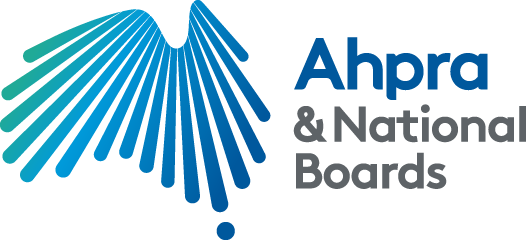Close
Scheduled Maintenance:
This website will be unavailable from 8:00am to 5:00pm Sunday 11th January 2026 AEDT for regular maintenance. Ahpra’s portal and other online services will not be available. The online public Register of Practitioners will be available. We apologise for any inconvenience.
National health practitioner boards
Close
Page reviewed
13/10/2022
